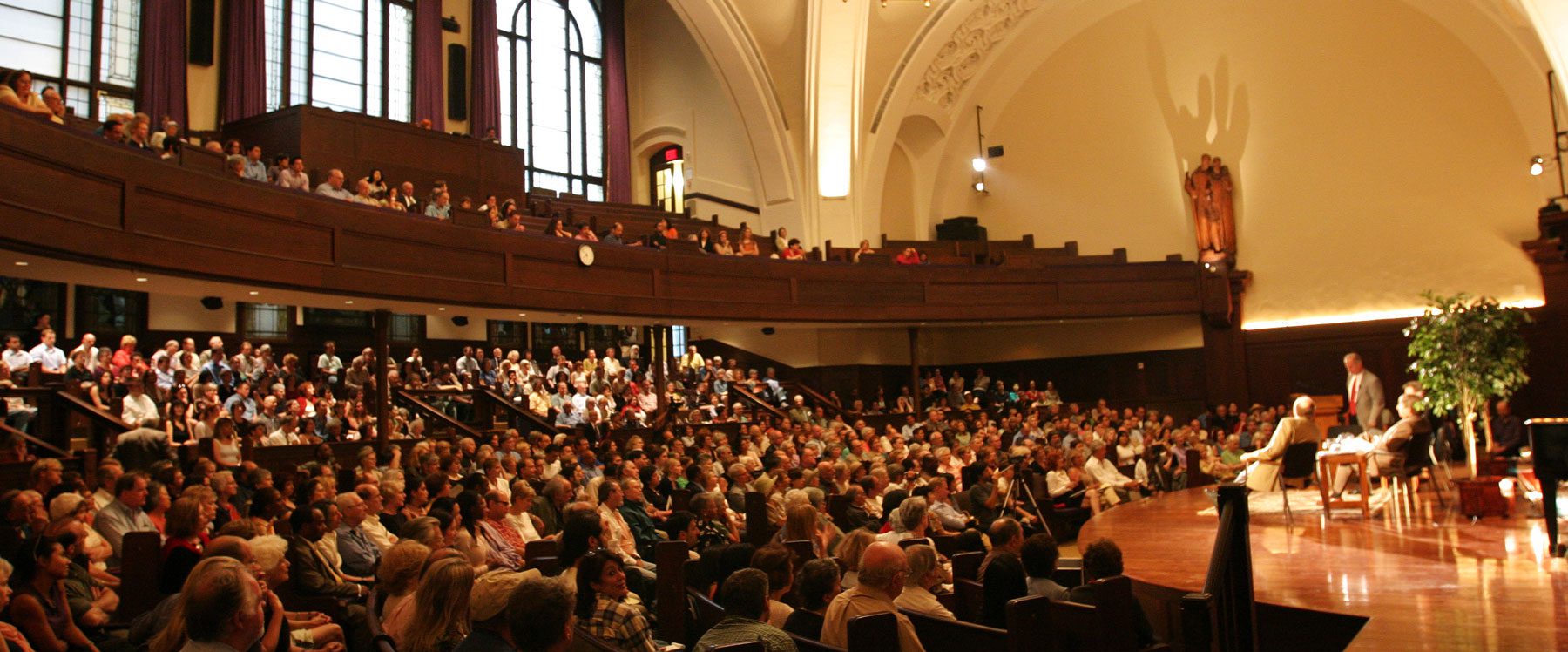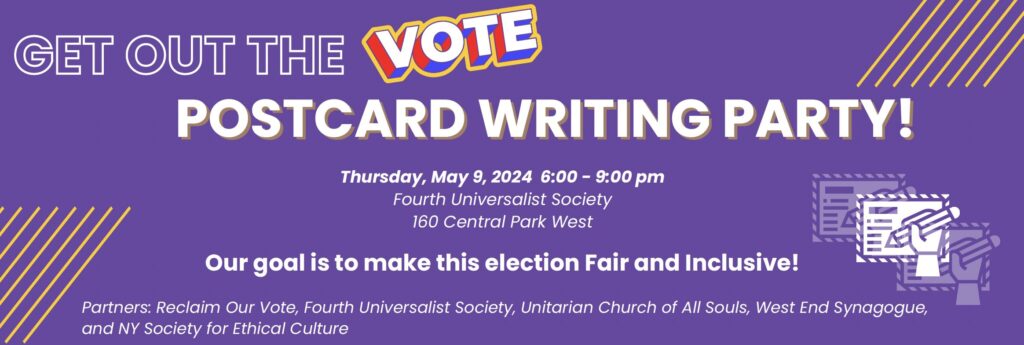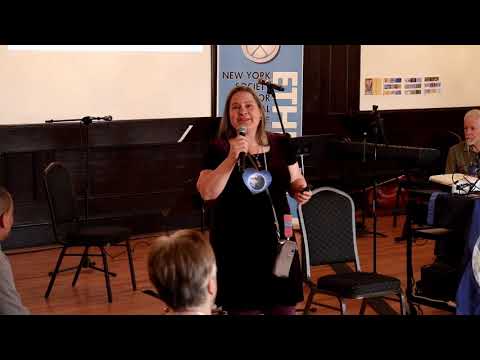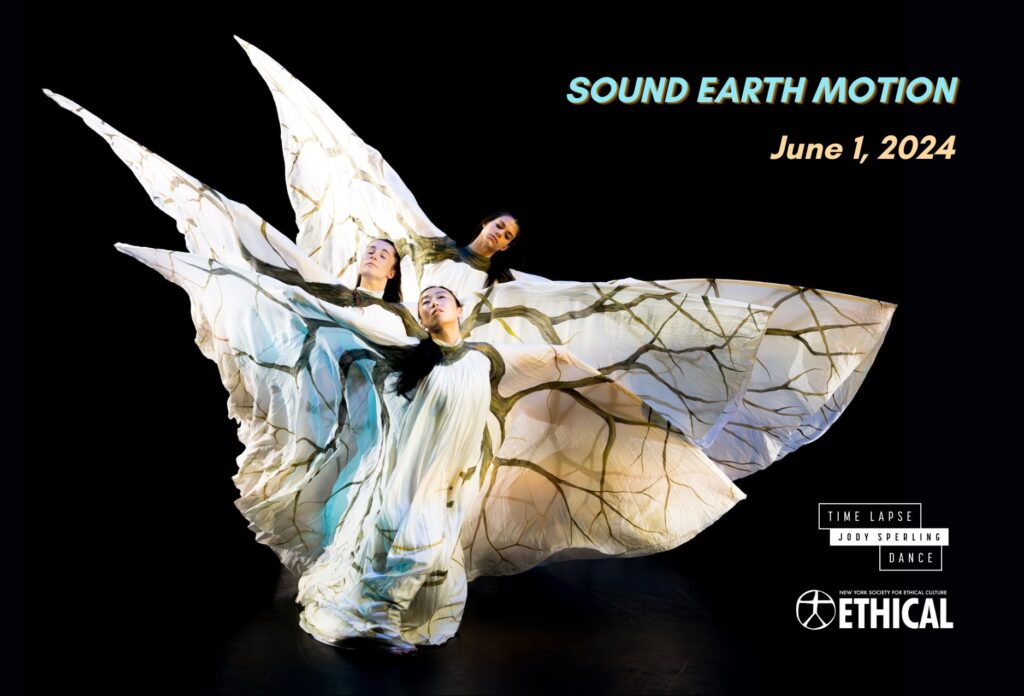
Home is where one starts from. As we grow older
The world becomes stranger, the pattern more complicated
Of dead and living. Not the intense moment
Isolated, with no before and after,
But a lifetime burning in every moment.
(T.S. Eliot, “East Coker,” No. 2 of Four Quartets)
I discovered the verses above in the opening pages of “Home Is Where We Start From,” a collection of essays by psychoanalyst D.W. Winnicott. I grew to love the poem and Winnicott for their insights into human nature, returning to them when I was asked, in my role as Humanist Chaplain, to conduct a “nondenominational mass” for Homecoming Weekend at Adelphi University in Garden City, NY.
Once the assistant dean and I cleared up the terminology and agreed that I would hold a nondenominational “service,” I pondered the meaning of “homecoming.” It is an annual fall tradition in most American universities and colleges, usually built around a sports event and parade, a banquet and dance, to welcome back alumni. (A really warm welcome might elicit generous donations.) Since most alumni grew up and made homes in different communities, I wondered what about educational institutions makes them feel like home, places worthy of celebrating. Perhaps it is because they provide what Winnicott called a “good-enough environment” in which to grow and develop.
“My job is definitely to be myself,” writes Winnicott. “The central feature in human development is the arrival and secure maintenance of the stage of I AM. . . If I am, then I have gathered together this and that and have claimed it as me, and I have repudiated everything else.” The job of becoming ourselves is perhaps nowhere more evident than when we leave our parents’ home and make a new home out in the world. For some people that process is most intense when they attend college, a place that provides an opportunity to reinvent ourselves, if we choose to, apart from family and friends who know us and helped shape our personalities.
So alumni remember a time when they were responsible for themselves, even if their parents were footing the bill. They had to learn to live with strangers, to get to class and hand in assignments on time, to experience something of the world on their own. It was a creative time when any challenge could be faced and every dream was possible. Leaving was hard, even if a lucrative job was waiting, because they had created a home and family in a new place. Returning means celebrating who they have become.
Of course, there are other places that we call home. For me, Ethical Culture is home. It is a religion that requires me to be none other than myself: a whole person, facing ethical challenges, and learning to become human. We create this home together in communities dedicated to moral exploration: to finding the goodness within others and ourselves, and bringing it to light. There is much to celebrate in the homecoming of people to a place they have created in their hearts for one another.
The end is where we start from. And every phrase
And sentence that is right (where every word is at home,
Taking its place to support the others, . . .
We shall not cease from exploration
And the end of all our exploring
Will be to arrive where we started
And know the place for the first time.
(T.S. Eliot, “Little Gidding,” No. 4 of Four Quartets)







